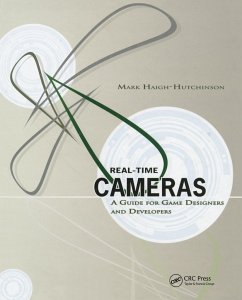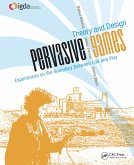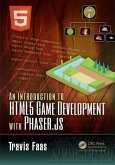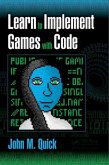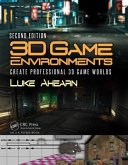The control of cameras is as important in games as it is in cinema. How the camera tracks and moves determines our point of view and influences our attitude towards the content. A poorly designed camera system in a game can disrupt a users experience, while a well-designed one can make a good game into a great one. The challenge in games is that the camera must respond to unscripted events, and this is where much of the difficulty of designing real-time camera systems arises. The increasing use of motion in virtual environments, marked by the inclusion of physics modeling and complex collision detection systems, means that camera systems must be even more effective to keep up. Real-Time Cameras is written by an experienced game developer who has written camera control systems for award-winning games such as Metroid Prime. Mark Haigh-Hutchinson discusses the key algorithms for camera control and then shows how to implement them in code. This book is written for game developers anddesigners, although it is also pertinent to other professionals in the interactive media field. Real-Time Cameras presents a practical approach to camera systems, introducing their theory, design, and implementation.

